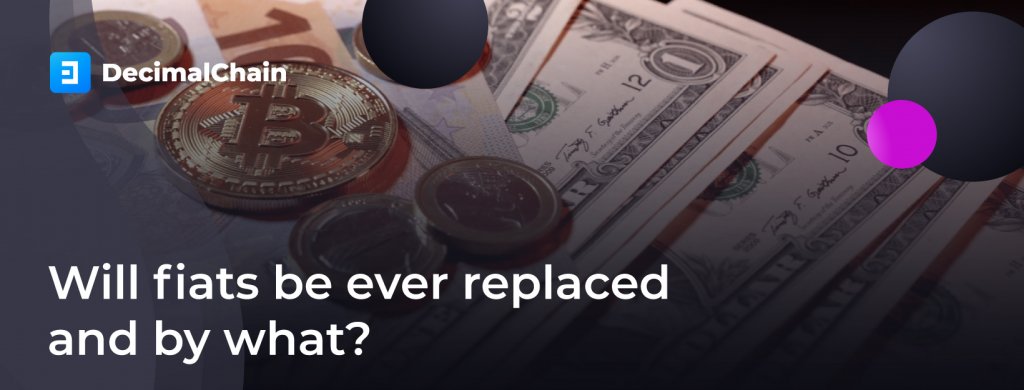Can cryptocurrencies eventually replace dollar?
Billionaires rejected it from the very beginning, but in the last few months, many agree that Bitcoin will play a significant role in the future.
Who will replace the fiats, and will they replace them at all
So, Bitcoin. Yes, Bitcoin. Billionaires rejected it from the very beginning, but in the last few months, many agree that it will appear in the future. Even companies like PayPal, Tesla, and Square are starting to accept Bitcoin. So, what is it? What are the pros and cons of it? Will it ever replace the dollar as the world’s currency?
What is Bitcoin, probably, it is not necessary to say. It exists over the Internet using a technology called blockchain, which uses computers to conduct a growing list of transactions. There is no central authority or server that monitors this, which means it is decentralized. For many Bitcoin supporters, this concept is one of the main reasons they like cryptocurrencies. There are only 21 million PTS, about 18.5 million in circulation, and two million left to “mine” (we won’t go into details here).
One of the arguments in favor of Bitcoin is that its emission is limited. And that means you can’t scale during financial crises, and governments can’t manipulate them. This is one of the main reasons why the anti-cryptocurrency crowd dislikes it so much in mass use. However, there are other cryptocurrencies that can create more coins. So why should Bitcoin be the chosen cryptocurrency? Because it was the first one?
Today, Bitcoin is almost entirely used as a speculative investment, not as a currency. Very few companies allow Bitcoin to be used as a currency in exchange for goods. The IRS considers Bitcoin to be property, which means you have to pay taxes when you sell your PTS or exchange it. For example, if you decide to purchase a car from Tesla.
Let’s say you buy a Tesla for $80,000 and you’re going to use $30,000 in cash and $50,000 worth of Bitcoin to buy it. If you had bought this Bitcoin for $10,000, you now have to pay taxes on that $56,700 profit! This makes Bitcoin very unfriendly to use as a currency and one of the reasons it won’t replace the dollar in the short term.
A normal nightmare for two worlds
According to regulators, without a centralized way to protect the cryptocurrency from theft or hacking, consumers will not be confident in exchanging their US dollars for Bitcoins. For PTS, there is no FDIC insurance and nothing that guarantees your phone from theft. Without the ability to see all transactions and their sources, there is also a huge risk of money laundering. This would make it possible to finance terrorism and drug trafficking.
The blockchain uses “codes” to identify buyers and sellers of cryptocurrencies. Many believe that the huge number of bitcoin transactions to date is due to the illegal movement of money and the inability of the government to track cash flows. The IRS has a hard time collecting taxes on these profits, as most cryptocurrency exchanges simply don’t report them.
Conversely, the whole mantra of the cryptocurrency world is that there is no central government distorting the money supply, nor is there a central computer system to monitor Bitcoin or other cryptocurrencies. Cryptocurrency advocates believe that regulation will stifle innovation, manipulate cryptocurrencies, and create black markets, making it even more difficult to stabilize Bitcoin. So the support from the exchanges wasn’t ideal for the government or regulators.
So, where do we go next?
Over the past month, a new type of” online ownership ” known as NFT, or non-exchangeable tokens that use the same blockchain technology as Bitcoin, has become the latest hot topic. Works of “digital art” are sold for millions and millions of dollars. Keep in mind that when buying NFT with cryptocurrency, in many countries you have to pay taxes on the cryptocurrency gains – another regulatory nightmare and a way for criminals to try to launder the profits.
Will there ever be a global currency that uses blockchain? Perhaps there is simply no certainty that it will be Bitcoin. And perhaps it will be some kind of Central Bank CBDC, such as the Chinese digital yuan. Time will tell.
